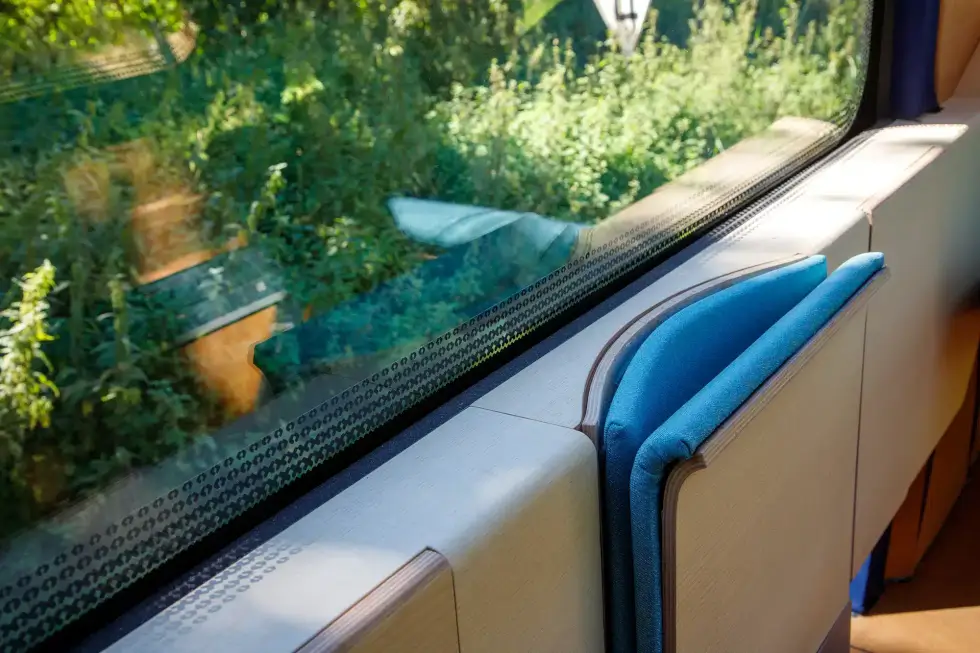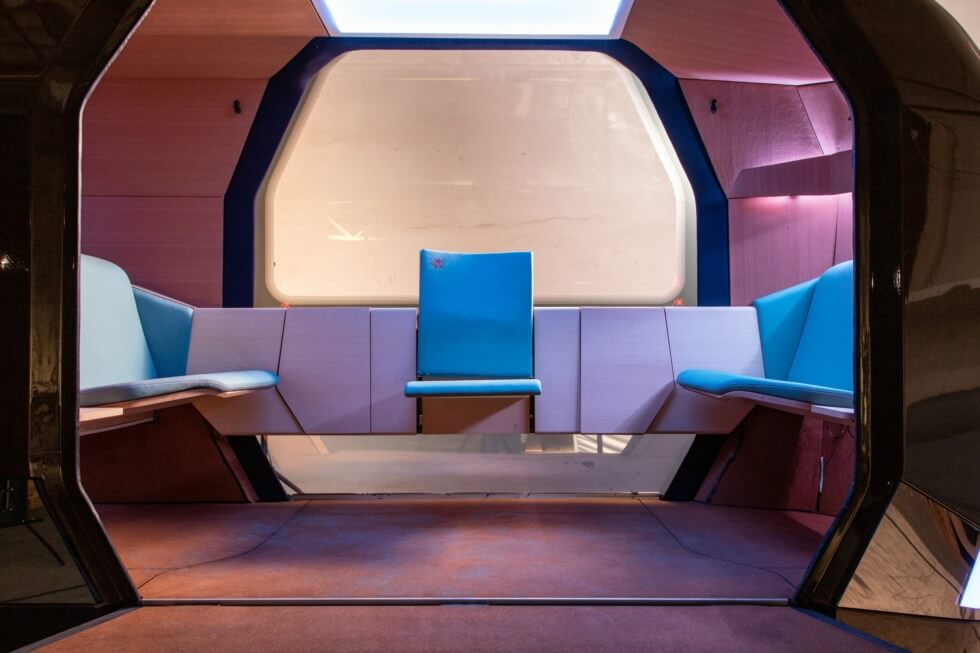Among the perks of living in the city is easy access to various forms of transportation. The daily commute might be a nightmare in a gridlock, but trains and trams are usually an expectation. Meanwhile, our friends in remote rural areas typically rely on personal transport to get around. That could change if concepts like the MONOCAB OWL become mainstream.
Surveys reveal many railway lines still lie outside of the city. Most of these have been decommissioned for various reasons but are still considered in operation condition. Furthermore, these tracks often pass through parts not serviced by public transportation or are not easily accessible by motor vehicles.
As suggested by its name, the MONOCAB OWL aims to take advantage of the railways courtesy of its size. Since each runs on a single track, two units can safely pass each other in the opposite direction. To maintain equilibrium, an advanced gyroscope system keeps it upright throughout the trip.
We also want to point out that these are fully autonomous and equipped with sensors and cameras to ensure safety. Foldable seats, upward-lifting doors, and a ramp facilitate the entry of passengers on wheelchairs and those with small personal mobility platforms such as bikes or scooters.
Inside the MONOCAB OWL, large windows provide adequate illumination by day and panoramic views, which exude a feeling of expansiveness. People with claustrophobia should be able to tolerate a trip or two on board. Desks are likewise integrated for convenience and productivity while on the move.
Instead of running on schedules, the folks behind this venture are exploring something similar to ride-hailing/ride-sharing services. If the MONOCAB OWL manages to deliver exactly what it advertises, it could pave the way for mass adoption across the globe.
Prototypes have reportedly been tested in Bielefeld, Germany, and trials are expected to continue until further notice. Credit for the MONOCAB OWL project goes to Fraunhofer IOSB-INA, OWL University of Technology, and Bielefeld University of Applied Sciences. Overseeing everything is Prof. Dr.-Ing. Thomas Schulte.
Learn More




















Images courtesy of Fraunhofer IOSB-INA/OWL University of Technology/Bielefeld University of Applied Sciences.







